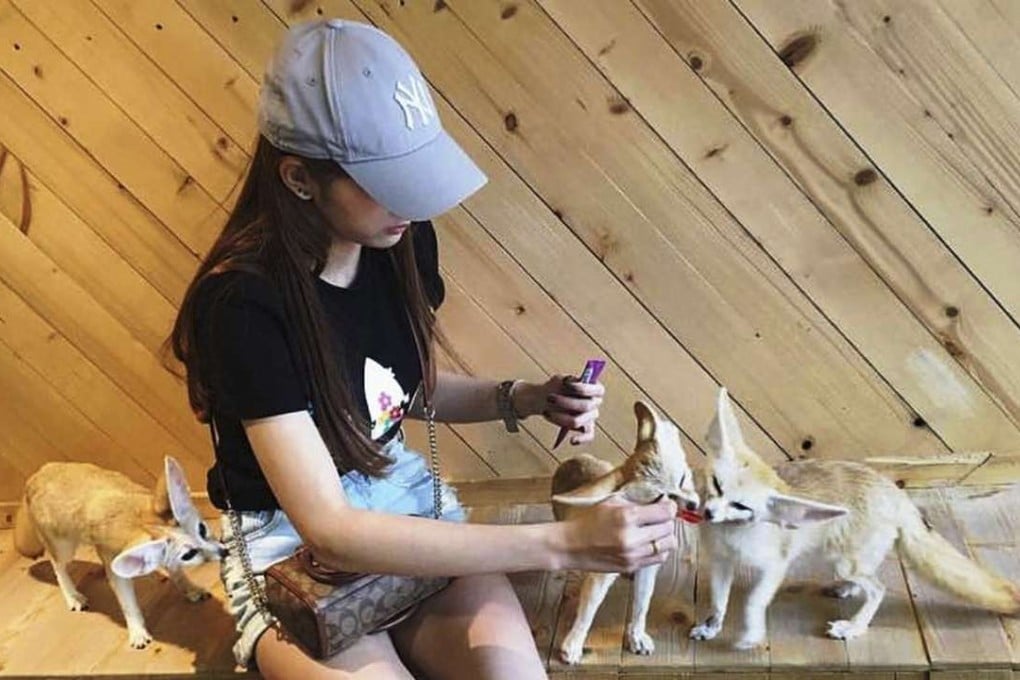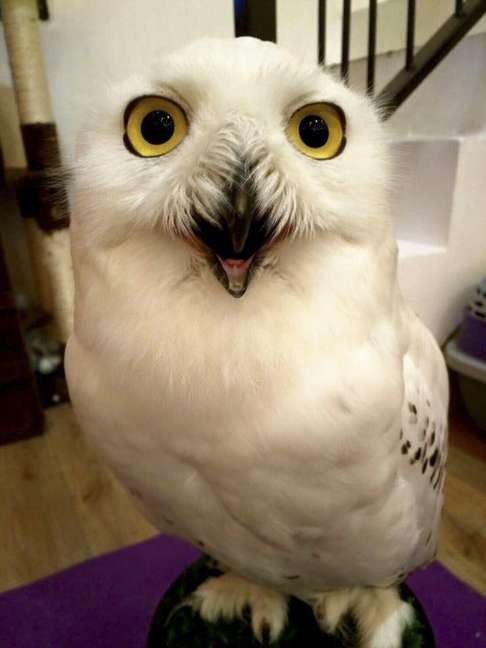Meerkats, raccoons, foxes, an owl: Bangkok’s animal cafes bring the zoo to you
It’s easy to forget the food when you’re sharing your table with exotic menageries that wouldn’t be allowed elsewhere – creatures you can hold, pet and take selfies with, to the concern of an animal welfare group

The waffle with egg and bacon looks appetising, but no one at the table really cares.
There’s a bit of mischief going on at another table in the small eatery that demands more attention. Cookie has clambered onto a young Thai woman’s shoulders and is tugging away at one of her dangling earrings with intense curiosity. The woman doubles over and giggles happily, forgetting all about her vanilla and chocolate sundae.
Many women love handbags or shoes. I love animals
Cookie is a young raccoon, a dashing little chap with winsome features and his species’ trademark black patches around the eyes. “He’s so cute!” the woman coos.
“Cookie is very outgoing and loves attention,” notes the owner of Little Zoo Cafe, Wachiraporn Arampibulphol. Her space is a two-storey “pet café” on the outskirts of Bangkok, and contains numerous wild creatures from around the world.
